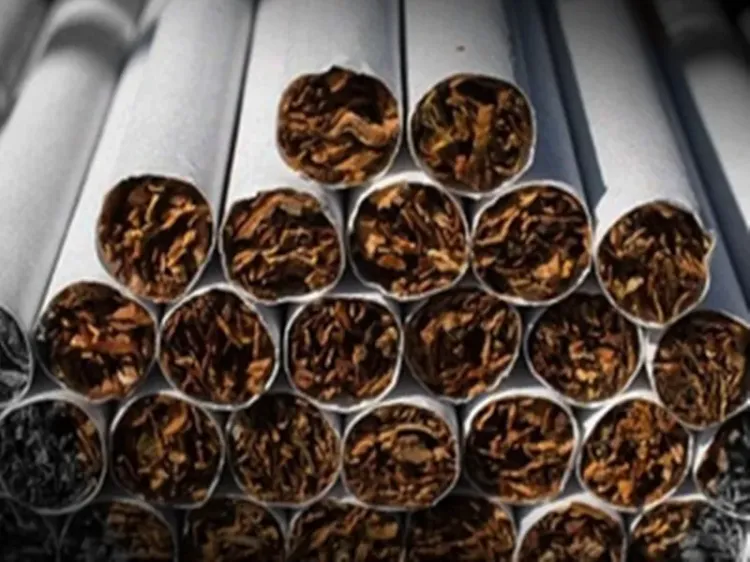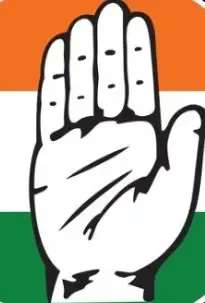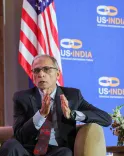Chandigarh Vendors Express Anguish Over Proposed GST Increase on Tobacco Products

Chandigarh, Dec 19 (NationPress) The Footpath Cycle and Rehri Fadi Workers Union of Chandigarh has voiced strong discontent regarding the suggested 35 per cent Goods and Services Tax (GST) on 'sin goods' like aerated beverages and tobacco products, arguing that this increase would severely affect their earnings and result in smuggling and revenue losses for the nation.
According to union president Ram Millan Gaud, "With consumers already avoiding legal cigarettes due to elevated prices stemming from high taxes, this new hike will permanently push many towards illegal products that are sold at much lower prices."
The union, which includes over 1,200 small vendors selling tobacco products from roadside kiosks, stated that the government would not only lose revenue from legal sales but also jeopardize the livelihoods of law-abiding retailers.
Gaud further remarked, "It appears that the government is intent on favoring illegal operators and smugglers at the cost of the tax-paying legal industry and honest retailers."
On December 2, the Group of Ministers on GST rate rationalization decided to increase taxes on 'sin goods'.
The upcoming 55th GST Council meeting on December 21 in Rajasthan's Jaisalmer is expected to address critical issues, including the current GST structure on life and health insurance and potential rate rationalization measures.
The Swadeshi Jagran Manch (SJM), associated with the Rashtriya Swayamsevak Sangh (RSS), has already opposed the proposal for a 35 per cent GST on 'sin goods'.
SJM has stated that this proposal, if approved by the GST Council, would undermine the efficiency principle of taxation.
"Introducing another tax slab for luxury and sin goods is fundamentally flawed and would complicate the GST structure further," stated Ashwani Mahajan, the national co-convenor of SJM. He emphasized the need for economists to reduce the total number of slabs and abolish the highest 28 per cent slab instead of adding another higher slab, which may not effectively increase revenue and could lead to inefficiencies.
Highlighting the need to create awareness about the health and economic dangers of tobacco, Mahajan warned against the growing threat of the 'China-led black market' resulting from excessive taxation.
Anti-tobacco activists claim that the illegal sale of imported cigarettes in Punjab and Haryana has surged and poses a significant health risk, particularly to new smokers attracted by appealing international brands.
These activists assert that the illegal cigarette trade, an organized crime, not only bypasses the state's high taxes but also endangers smokers' health due to poor manufacturing quality and elevated levels of tar and nicotine.
Industry insiders have reported that Punjab and Haryana alone have an annual legal market of 120 million and 100 million cigarettes, respectively, with the illegal market in both states constituting 20 per cent of the total trade.
In Chandigarh and Panchkula, the annual cigarette market amounts to 30 million and 6 million cigarettes, respectively, with illegal sales accounting for 15-20 per cent.
Most illegal cigarette brands originate from China and Indonesia, with retailers drawn to them due to their significantly lower prices compared to legal cigarettes, often retailing at only one-fifth the cost of legal products.









